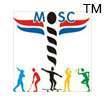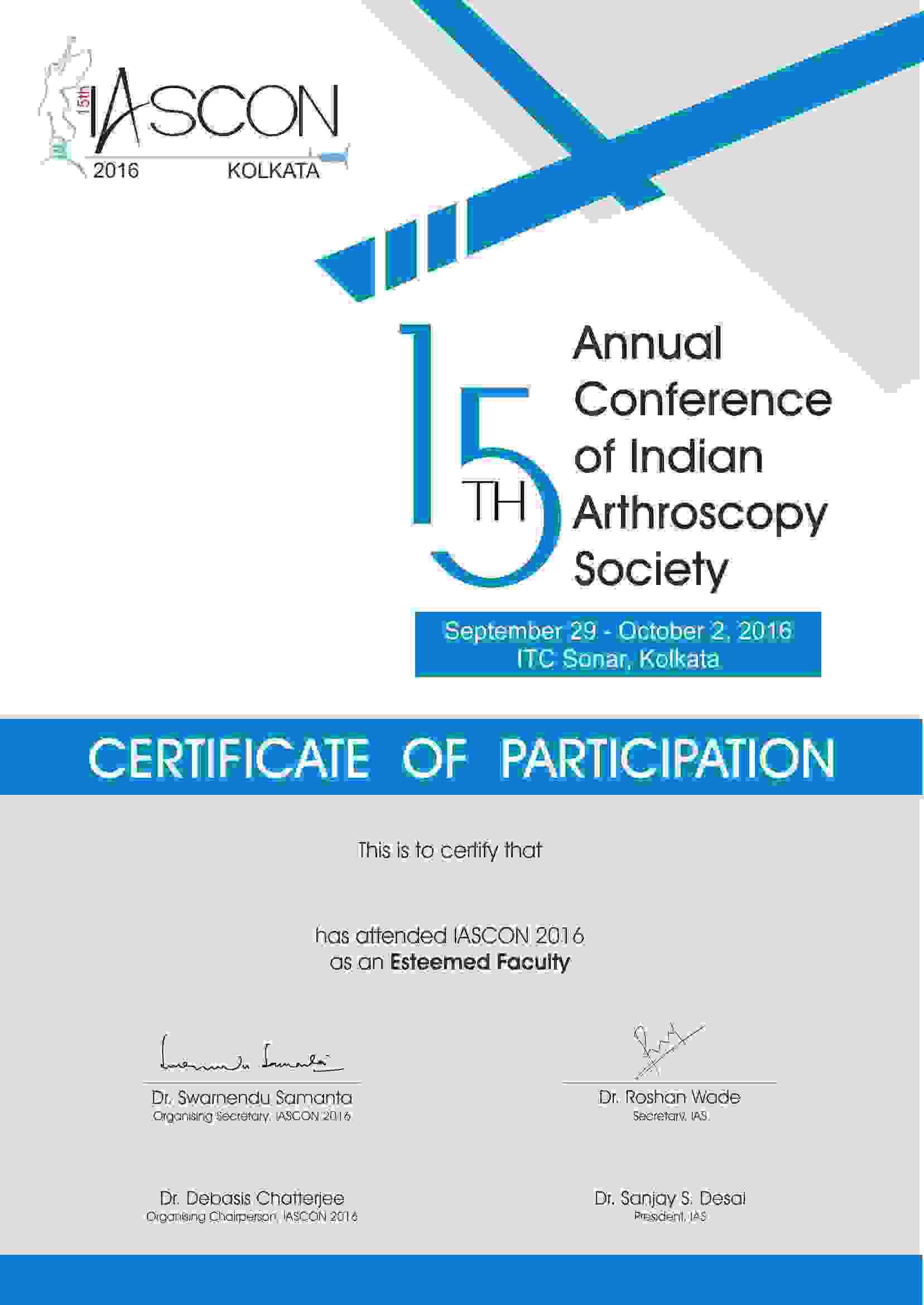What is Biceps Tendonitis?
Biceps tendonitis is a condition characterized by damage to the tissues in the biceps tendon causing severe pain in the front of the elbow. Biceps are the muscles at the front of the upper arm. They originate from the front of the shoulder blade and connect the forearm via the biceps tendon.
During contraction of the biceps, pressure or tension is placed through the biceps tendon. Excessive pressure created due to repetition or high force may cause damage to the biceps tendon. Biceps tendonitis is a condition where causes damage to the biceps tendon, subsequently leading to degeneration and inflammation.
Causes:
- Biceps tendinosis is often caused by degeneration of the tendon, especially due to athletics that require overhead motion or also due to normal aging process.
- Repetitive or prolonged activities that place strain on the biceps tendon.
- Excessive lifting or bending of the elbow while performing chin ups or bicep curls.
Signs and symptoms:
- Pain in the front of the elbow.
- Ache or stiffness in the elbow that increases with prolonged periods of rest following activities that require repetitive contraction of the biceps muscle such as carrying heavy shopping, performing biceps curls etc.
- Swelling at the front of the elbow
- Experiencing weakness when attempting to lift objects.
Diagnosis:
A comprehensive subjective and objective examination from a physiotherapist is generally sufficient to diagnose this condition. An Ultrasound, X-ray or MRI scan may be required to further assess the severity.
Treatment:
Treatment of Biceps Tendonitis initially involves anti-inflammatory medication and physiotherapy, including rest from lifting weights. Patients who have biceps tendonitis need to follow the R.I.C.E. Regime in the initial phase of injury i.e. in the first 72 hours following the onset of inflammatory signs such as morning pain. The R.I.C.E. regime basically involves rest from aggravating activities, use of a compression bandage, regular icing and keeping the arm in an elevated position.
Patients with biceps tendonitis need to undergo flexibility and strengthening program of the biceps. The physiotherapist would prescribe certain exercises which are appropriate for the patient. In case a rotator cuff tear is confirmed, an arthroscopic rotator cuff repair is often recommended. This will essentially include treatment of the partially inflamed, swollen or dislocated LHB tendon. The surgical options for LHB treatment are either a ‘Tenotomy’ or ‘Tenodesis’.











